×
![]()
pfour
| Type: | Model Group |
| Submitter: | MIPLIB submission pool |
| Description: | Imported from the MIPLIB2010 submissions. |
Parent Model Group (pfour)
All other model groups below were be compared against this "query" model group.  |
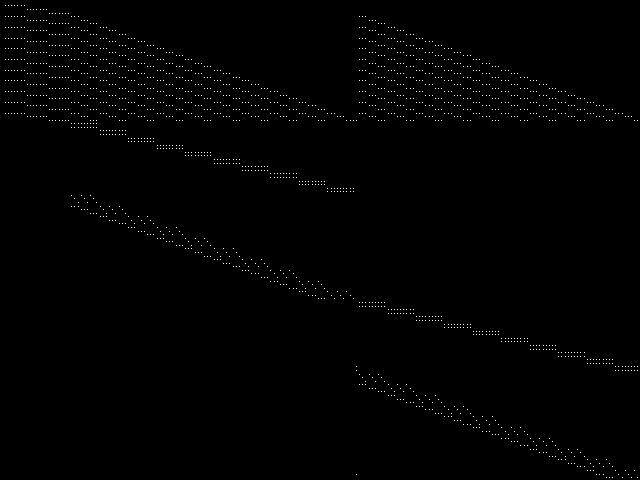 |
|
Model Group Composite (MGC) image
Composite of the decomposed CCM images for every instance in the query model group.
|
Component Instances (Decomposed)
These are the decomposed CCM images for each instance in the query model group.  |
These are component instance images.
|
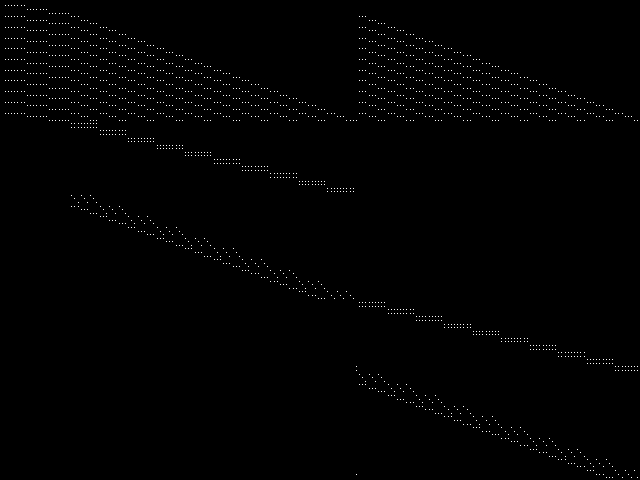 |
 |
 |
 |
 |
| Name | p0201 |
MIC Top 5 Model Groups
These are the 5 MGC images that are most similar to the MGC image for the query model group, according to the ISS metric.  |
FIXME - These are model group composite images.
|
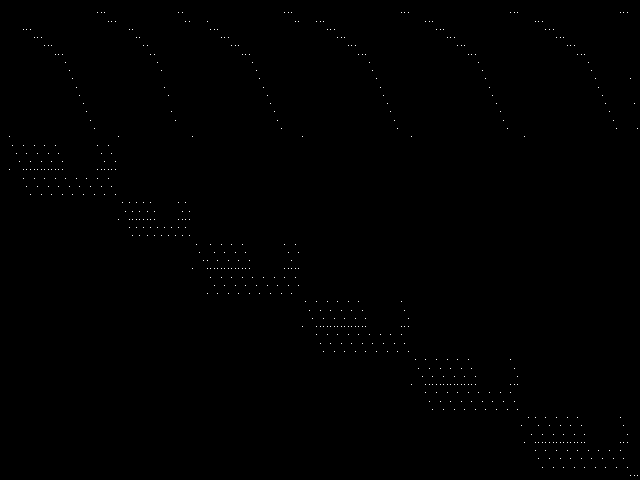 |
 |
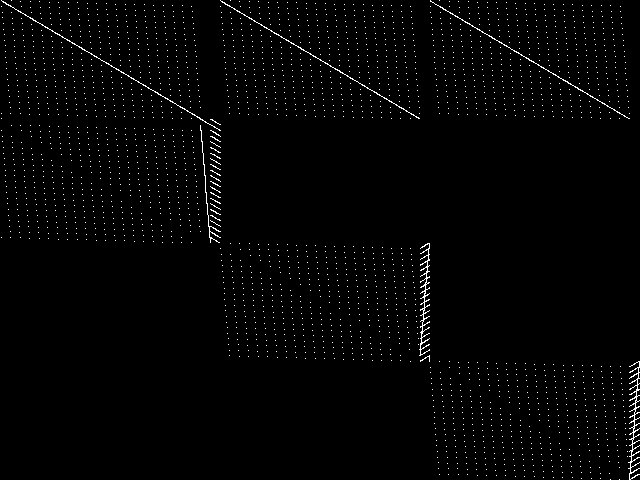 |
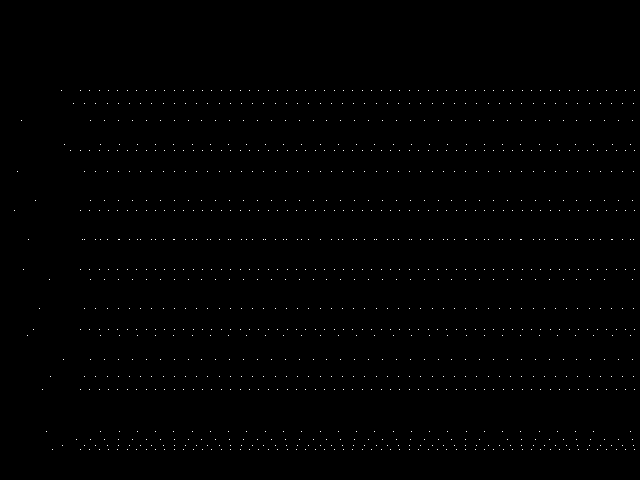 |
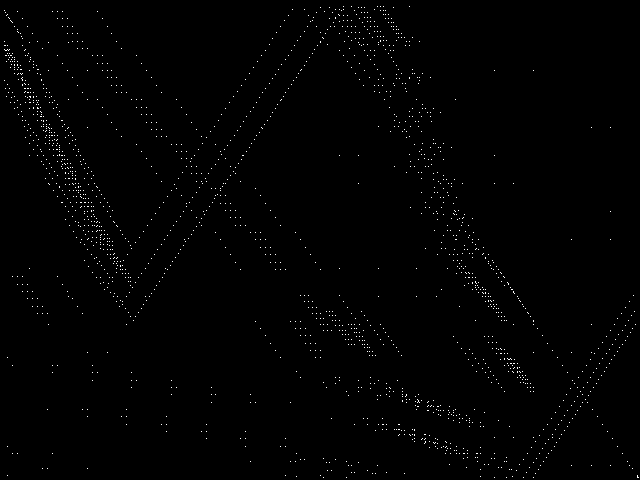 |
| Name | neos-pseudoapplication-74 | scp | neos-pseudoapplication-40 | markshare | enlight | |
|
Rank / ISS
The image-based structural similarity (ISS) metric measures the Euclidean distance between the image-based feature vectors for the query model group and all other model groups. A smaller ISS value indicates greater similarity.
|
1 / 1.420 | 2 / 1.504 | 3 / 1.558 | 4 / 1.566 | 5 / 1.584 |
Model Group Summary
The table below contains summary information for pfour, and for the five most similar model groups to pfour according to the MIC.
| MODEL GROUP | SUBMITTER | DESCRIPTION | ISS | RANK | |
|---|---|---|---|---|---|
| Parent Model Group | pfour | MIPLIB submission pool | Imported from the MIPLIB2010 submissions. | 0.000000 | - |
| MIC Top 5 | neos-pseudoapplication-74 | Jeff Linderoth | (None provided) | 1.420307 | 1 |
| scp | Shunji Umetani | This is a random test model generator for SCP using the scheme of the following paper, namely the column cost c[j] are integer randomly generated from [1,100]; every column covers at least one row; and every row is covered by at least two columns. see reference: E. Balas and A. Ho, Set covering algorithms using cutting planes, heuristics, and subgradient optimization: A computational study, Mathematical Programming, 12 (1980), 37-60. We have newly generated Classes I-N with the following parameter values, where each class has five models. We have also generated reduced models by a standard pricing method in the following paper: S. Umetani and M. Yagiura, Relaxation heuristics for the set covering problem, Journal of the Operations Research Society of Japan, 50 (2007), 350-375. You can obtain the model generator program from the following web site. https://sites.google.com/site/shunjiumetani/benchmark | 1.504360 | 2 | |
| neos-pseudoapplication-40 | Jeff Linderoth | (None provided) | 1.558402 | 3 | |
| markshare | G. Cornuéjols, M. Dawande | Market sharing problem | 1.565901 | 4 | |
| enlight | A. Zymolka | Model to solve model of a combinatorial game ``EnLight'' Imported from the MIPLIB2010 submissions. | 1.584349 | 5 |

